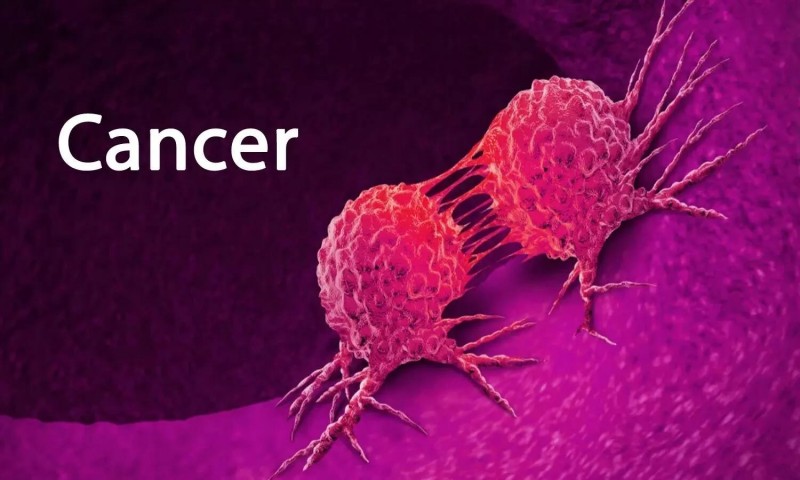
Cancer is a significant health concern worldwide, and its prevalence in India has been on the rise, especially among the youth. In this detailed exploration, we will delve into various factors contributing to the increasing incidence of cancer, focusing on lifestyle choices, dietary habits, and environmental factors. Each aspect will be examined comprehensively to understand its implications on cancer risk and prevention strategies.
Lifestyle Choices and Cancer Risk:
Lifestyle choices play a pivotal role in determining an individual's susceptibility to cancer. Among these choices, smoking and alcohol consumption stand out as prominent risk factors. Tobacco smoke contains numerous carcinogens that can damage DNA and lead to the development of various cancers, including lung, throat, and bladder cancer. Similarly, excessive alcohol intake is associated with an increased risk of liver, breast, and colorectal cancer. The mechanisms underlying these associations will be explored, along with evidence-based recommendations for reducing cancer risk by avoiding or limiting these habits.
Physical Activity and Cancer Prevention:
Physical activity is another crucial determinant of cancer risk. Sedentary lifestyles devoid of regular exercise contribute to obesity, insulin resistance, and chronic inflammation, all of which are linked to an elevated risk of cancer. Conversely, engaging in regular physical activity can mitigate these risk factors and enhance overall health. We will examine the mechanistic pathways through which exercise influences cancer risk, along with practical strategies for incorporating physical activity into daily routines.
Sleep Quality and Cancer Risk:
Sleep plays a vital role in maintaining physiological homeostasis and supporting immune function. Chronic sleep deprivation disrupts these processes, leading to hormonal imbalances, impaired immune surveillance, and increased oxidative stress, all of which promote cancer development. We will explore the bidirectional relationship between sleep quality and cancer risk, emphasizing the importance of prioritizing adequate sleep duration and sleep hygiene practices for cancer prevention.
Environmental Exposures and Cancer Risk:
Environmental factors, including exposure to pollutants and carcinogens, contribute significantly to cancer risk. Plastic contamination, in particular, has emerged as a concerning environmental hazard, with microplastics infiltrating food and water supplies. These microplastics contain toxic chemicals that can disrupt endocrine function and promote carcinogenesis. Additionally, the use of plastic tea bags exposes consumers to epichlorohydrin, a potential carcinogen. Strategies for minimizing exposure to environmental carcinogens will be discussed, along with regulatory measures to mitigate plastic pollution and safeguard public health.
Dietary Factors and Cancer Prevention:
Diet plays a crucial role in modulating cancer risk, with certain foods offering protective effects against malignancy. Plant-based diets rich in fruits, vegetables, whole grains, and legumes provide an abundance of phytochemicals, antioxidants, and fiber, all of which exert anticancer properties. Specific nutrients such as vitamins A, C, and E have been shown to inhibit carcinogenesis through various mechanisms, including DNA repair, immune modulation, and antioxidant defense. Conversely, diets high in processed meats, sugary beverages, and trans fats have been linked to an increased risk of cancer. We will explore evidence-based dietary recommendations for cancer prevention, emphasizing the importance of balanced nutrition and mindful food choices.
In conclusion, cancer prevention requires a multifaceted approach that addresses lifestyle factors, environmental exposures, and dietary habits. By adopting healthy lifestyle practices, such as avoiding tobacco and alcohol, engaging in regular physical activity, prioritizing adequate sleep, minimizing exposure to environmental toxins, and following a balanced diet rich in plant-based foods, individuals can significantly reduce their risk of cancer. Public health initiatives aimed at promoting these behaviors and creating supportive environments are essential for combating the rising burden of cancer and improving overall population health.
Budget 2024 Puts Focus on Women's Empowerment: FM Highlights Loans and Healthcare Coverage
How Many Almonds Should You Eat in a Day? Expert Opinions Revealed
Consuming Bread made from Alternative Flours Helps Manage Blood Sugar in Diabetic Patients